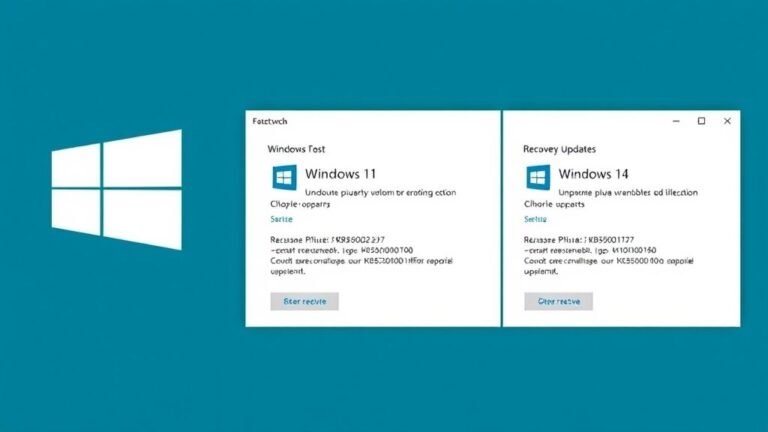Stability Fixes and Security Patches Rolled Out for AMD Ryzen Users

Stability Fixes and Security Patches Rolled Out for AMD Ryzen Users
Several motherboard manufacturers have started releasing new BIOS versions built on AMD’s latest AGESA 1.2.0.3e firmware. These updates aim to address a security vulnerability discovered in the Trusted Platform Module (TPM) of certain Ryzen processors, as reported by VideoCardz .
For some users, this update is irreversible — once installed, there’s no option to roll back to a previous BIOS version on specific motherboard models.
The flaw, identified as CVE-2025-2884 , originates from an out-of-bounds read issue within the TPM2.0 Module Library — a standard set of code used across most modern TPM chips. Exploiting this bug could allow attackers to bypass system boundaries and access sensitive information such as encryption keys or even disable the TPM module entirely.
This vulnerability has been rated 6.6/10 on the CVSS scale, placing it in the “medium severity” category. However, its real risk lies in how easily it can be exploited.
Unlike many previously discovered vulnerabilities that required kernel-level access, this one can be triggered using only standard user privileges. That makes it more accessible to potential attackers compared to older flaws, such as those involving execution of unsigned microcode — which typically needed deeper system access.
This accessibility raises concerns for both casual users and professionals relying on secure computing environments.
While the AGESA 1.2.0.3e firmware targets newer AM5-based Ryzen CPUs, the underlying security flaw affects a broader range of AMD processors. Users are advised to check AMD’s official security advisory to confirm whether their specific CPU model is impacted and if a BIOS update is available for their motherboard.
List of Affected Processors
A wide range of AMD processors are affected by this vulnerability. On desktop systems, the impacted CPUs include models from the Athlon 3000 “Dali” and Ryzen 3000 “Matisse” series all the way up to the latest Ryzen 9000 “Granite Ridge” chips. For laptops, the affected line-up spans from the Ryzen 3000 Mobile “Picasso” up to the Ryzen AI 300 “Strix Point”.
Workstation processors are also not exempt — all Threadripper CPUs from the 3000 “Castle Peak” series through the 7000 “Storm Peak” generation are included in the list of vulnerable chips.
That said, most of these processors have already received security patches over the past few months, though the rollout timelines varied across different product lines. The AM5-based CPUs are the most recent platform to get the update.
New BIOS Updates from Motherboard Makers
Several motherboard manufacturers, including Asus and MSI, have begun releasing BIOS updates based on the new AGESA 1.2.0.3e firmware. In addition to addressing the TPM-related security flaw, this firmware update also adds compatibility for upcoming Ryzen CPUs — likely pointing to the new Ryzen 9000F series.
It’s highly recommended to check your motherboard manufacturer’s official support page regularly. If a new BIOS version is available for your model, updating it can help ensure better system stability and security.





